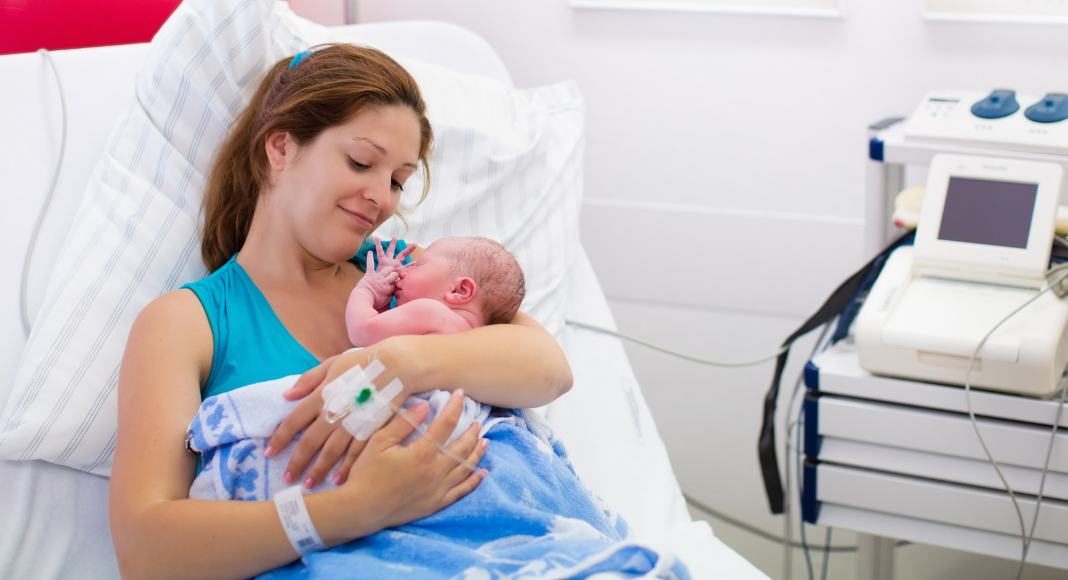 This month my daughter turns four years old and when I share my birth experience, friends always get surprised (I gave birth to two kids in the Netherlands). It is interesting when we share stories seeing them from different cultural perspectives. It is also good to know how things happen in other places so that you can see if you have it better where you are or if there is something we can do to change things.
This month my daughter turns four years old and when I share my birth experience, friends always get surprised (I gave birth to two kids in the Netherlands). It is interesting when we share stories seeing them from different cultural perspectives. It is also good to know how things happen in other places so that you can see if you have it better where you are or if there is something we can do to change things.
In the Netherlands, they have a very natural approach to health care and universal health care. Here are some aspects that could cause cultural shock to many.
- You are seen by professional midwives unless your pregnancy is high risk, then you are seen by a gynecologist.
- Birth is not a medical emergency (with exceptions of course) so you cannot decide if you want a c-section. If there are no complications for you or the baby, you will wait until the baby wants to come.
- Since birth is not a medical emergency, anesthesia (or an epidural) is not necessarily available. You can ask for it in your birth plan but chances are, depending on where in the country you live, the doctor might not come on time for you, because again, birth is not an emergency.
- The pain killer that can be administered to you by the midwives is morphine. I can only tell you that was one of the highlights of my birth experience.
- Once you start labor, you could give birth at home if you met certain conditions but normally you would start labor at home and at some point the midwife will tell you its time to check into the hospital to continue there and deliver your baby at a hospital or maternity clinic.
- The baby is with you all the time. All the check-ups are done in your room, and the baby will never be separated from you.
- Maternity suites are AMAZING!
- I only paid less than $35 EUR for staying overnight and that included my husband’s meals too, and he had a bed to sleep on night next to mine.
- You are discharged once you are able to pee and if that happens during business hours. So if you give birth at 1:00 a.m. as I did, you will be discharged as soon as you can pee on your own after 8:00 a.m., if you had your baby anytime bewteen 8-5 p.m. and you could pee during that time, you go home the same day.
- Recovery happens at home and they send a nurse for up to 10 days depending on your birthing situation and other needs. They take care of the baby and you, teaching you all you need to know to settle into a routine. The nurse can take care of older siblings, make a non-complicated lunch, do some house chores, etc. The most important thing they do is check for the well-being of the mother, that is, making sure you eat, sleep, and are healing well.
- Midwives come three times the first week to your house to complete medical check-ups for you and the baby. They will be at your service for the first seven weeks after birth in case you need them.
- Some newborn tests like hearing and disease testing will be done at your home by professionals who take care of the youth. They will give you an appointment for baby’s first medical check-up when they are four weeks.
- Breastfeeding is HIGHLY supported and they ask if this will be your choice so they can offer some booklets to prepare you beforehand. Both the nurses and the midwives have basic knowledge to help you, but there are lactation consultants almost in every town and they are so sweet and help you succeed.
When I tell my American or Mexican friends about my experience, they are surprised at how natural the process is and how we hardly pay anything. I’m not planning to have more babies so I guess I won’t be able to compare between the two countries.
It would be interesting if you can share your experience in the comments. Remember, this is based on my experience, and people who live there could have different opinions. For me, I think it was amazing and I wouldn’t change anything.




















